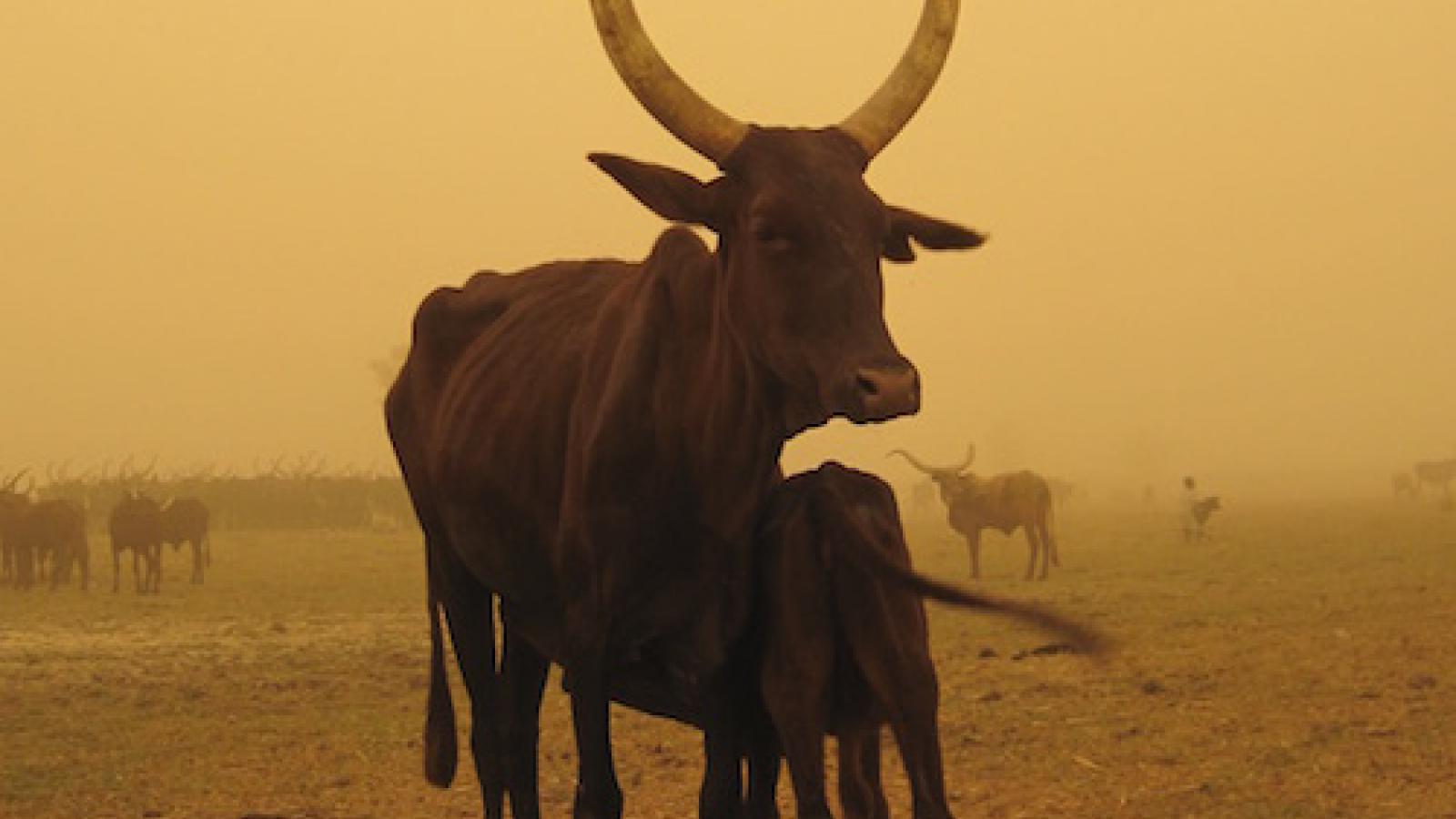Other Research
My main research efforts have focused on sustainable management of common-pool resources, and in particular, how pastoralists in the Far North Region of Cameroon sustainably use common-pool grazing resources in a situation of open access. The main contribution of this project is the development of theoretical model of open property regimes that work as complex adaptive systems. The model solves the paradox of sustainable use of common-pool resources in a situation of open access. We have used ethnographic and spatial analyses, agent-based modeling, and comparative studies to develop and validate the model.
A second research project focused on the ecology of infectious diseases and in particular the transmission of foot-and-mouth disease in mobile pastoral systems. The main theoretical contribution of this project is our conceptualization of the ecology of foot-and-mouth disease as a dynamic network of livestock movements and our use of empirical data to examine whether and how livestock mobility affects the foot-and-mouth epidemics. In this interdisciplinary project, one of my main contributions was to consider the context and meaning of pastoralism in our mathematical models to ensure that they were meaningful representations of the pastoral systems.
In the Logone Floodplain, where I have been studying pastoralism for twenty years, pastoralists complained about the ecological impact of thousands of canals dug by fishers. Together with colleagues at Ohio State and Maroua University, we designed a study to examine whether and how these fish canals impacted the floodplain. In this interdisciplinary project, we conceptualized the floodplain as a coupled human and natural system and evaluated the hypothesis that the thousands of small canals had a similar impact as one large dam. We have completed the studies of the different sub-systems – hydroclimate, hydraulics, fishery – and are now in the process of writing the synthesis paper. Our results indicate that the fish canals have an impact on the coupled human and natural system of the floodplain, but also that the system is highly resilient and that a collapse of the floodplain fishery caused by fish canals is highly unlikely.

